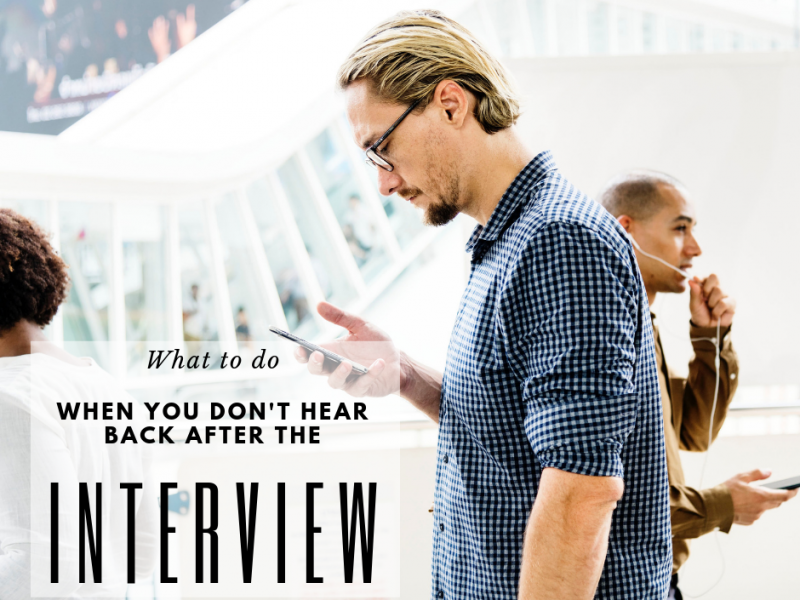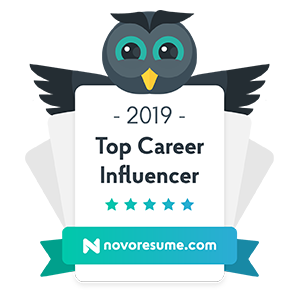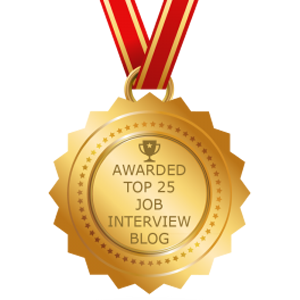It’s been a few weeks since your interview and you haven’t heard back. You’re not sure if you’ve been rejected or if you’re moving on. Perhaps the recruiter lost your number? Should you send another follow up email? Maybe a carrier pigeon? Regardless of what’s going on, you’re not sure why you’re not hearing back. You’re also not sure what you should do next. In this post we’ll share why post-interview communications can take so long. We’ll also share strategies you can use to keep your interviewer connected after the interview.
How long should I be waiting to hear back after a job interview?
The job interview process can be daunting. You get yourself all pumped up to succeed. You finally overcome your nerves before the big day. You feel your interview went pretty well. And then crickets… You wait and wait and wait for a response. This is how the interview experience plays out for many people. If this is your experience, no need to worry. Waiting is a completely normal part of interviewing. Waiting is especially difficult when you are up against a timeline for landing new employment. The fact of the matter is: there is no set timeline for when a company will make the job offer. Yes, they may have shared the timeline for hiring with you in the interview. But no, they do not have to abide by it. The timeline for hiring is totally up to the employer. Unfortunately, the timing is out of your control. However, this doesn’t mean you can’t apply some simple strategy for increasing your chances of hearing back.
This is why it takes so long for the employer to get back to you
Do you ever wonder why it takes so long to hear back from the employer after the interview? Most people get a little freaked out when they don’t hear back immediately. However, it’s important to understand that the hiring waiting game is absolutely normal. Hiring takes so long because the application and hiring processes take time. There are several reasons why it may take the hiring team a long time to get back in touch with you:
Seasonality Affects Hiring Speed
Seasonality is one of these factors that affects response times in the interview process. There are certain times of year that hiring will take longer than others. Summer is one of those times. The reason hiring is slow in summer, is because more people tend to be out of office on vacation. This will affect you especially if you have been interviewed by several individuals within the organization. These individuals must all regroup with one another after your interview to share feedback. Several conversations must be had to reach a final decision. If a few people happen to be away on summer vacation, in the midst of your interview, slow downs are definitely to be expected. The holidays tend to be another time affected by seasonality. Don’t expect anyone to rush into a speedy hiring process between Thanksgiving and the New Year.
The More Candidates Being Interviewed, the Longer the Process
Another reason the interview process can take so long is that of other candidates. A company will interview more than one candidate for a role. Even if they found the best candidate on the first interview, the employer must interview several candidates in order to make a comparison. Otherwise, how would they know the first candidate is the best? As I’ve learned from recruiting, companies aim to get the hire right. Making the wrong hire can be a very costly mistake – especially if the role is more senior. Therefore, the employer will interview as many candidates as needed to feel confident that they’ve found the best. And if key interviewers happen to be out of the office, the process will simply take longer.
The More Senior the Candidate, the Longer the Process
I’ve been a part of the hiring process for entry level folks as well as senior executives. I can tell you that the interview timeline for both, varies greatly. Interviewing and hiring for entry level folks is much quicker. The salaries are lower, and the company is usually looking for worker bees – of which there are vastly more candidates available. The company knows that if it doesn’t work out with an entry level candidate, they can be trained or replaced. Therefore, the interview process may only consist of one or two rounds of interviews.
For senior candidates, the risk is much higher. The salary is a significant portion of the budget. The candidate will also likely have a direct impact on the performance of individuals and the company’s finances. Therefore, the employer has to get the candidate right. Because of this, the candidate will talk to many more people. The candidate can also expect to go through many more rounds of interviews. Now multiply this by all of the other candidate that are interviewing for the role. This will give you a much more lengthy interview timeline.
What you can do to manage the interviewer’s response time
Now that you know all the reasons for the big delays, you’re probably wondering what you can do to better manage the timeline. There are several strategies you can use to set the proper expectations.
Ask about the timeline during your interview
It may seem super obvious, but it’s often a piece missed by candidates. The best way to set your expectations on timing, is to ask the interviewer directly, “what can I expect in terms of next steps?” This question is usually best asked at the end of the interview. You want to ask this as your last question. The interviewer will usually then give you a timeline for how long they expect the process to take. They may share with you that they have just started interviewing for the role. If this is the case, they will probably give you a more extended timeline of a month or more. This timeline is in place because they have to interview other candidates. If the interviewer says that they are at the end of the process, this is great news for you. This means that they will be making a final decision within a few weeks. However, don’t be surprised if this timeline fails to be true. Hiring is never a certainty. You never know when a new candidate will appear on the scene.
Verbally confirm the plan for following up
Once the interviewer shares his/her timeline, the next step is understanding who will make the outreach. Usually the interviewer will follow their timeline by letting you know they will be in touch at that time. However, it’s a good idea to try and secure a back up plan – in case they forget to call. Hiring managers/recruiters are busy people. It’s all too likely that they may let the timeline lapse and forget to share the new timeline. Therefore, it’s a great idea to let him/her know that you will follow up if you don’t hear from them at the stated timeline. “If I don’t hear from you in x weeks, do you mind if I follow up?” This is usually a pretty safe question back to the interviewer.
Follow through with your follow up
If they said they would be in touch in two weeks and two weeks pass, give it a few days. Do not email your point of contact on the exact two-week mark even if it is top of your mind. If after a few days you still do not hear back, then follow up as stated in your interview. Phone follow up is always best. This ensures you can potentially catch the interviewer or recruiter live. Email is slightly worse because after you send the email, the ball is still in their court. And you are still stuck waiting for a response. So stick with a phone call if possible.
What to do when there is no response to your follow up
After you’ve followed up, on the interviewer’s set timeline, it may happen that still do not receive a response. This is not uncommon. There are a couple reasons why you may not receive a response.
Your interview contact has a lot going on and is drowning in work
That’s right. Sometimes it’s a matter of simple organization, or lack thereof, that keeps an organization from responding. If it’s the recruiter that is managing communications, this is more likely. Recruiters have a lot going on and may be working with many candidates for many job openings at once. In this case, you will want to wait a week and then try following up again. Give it about 3 total follow up calls, appropriately spaced by about a week, and then let it be. You don’t want to cross the lines into stalker territory.
You weren’t a fit for the job
Sometimes interviewers just don’t respond to a candidate that’s not a fit. No, it’s not a noble practice but unfortunately, it happens. It doesn’t happen in all cases. However, it does happen. If you have attempted to follow up several times, and still no response, it may be the case that you’re not a fit. In these cases it’s best to avoid any resentment and move on to another opportunity.
So you weren’t called back but the job posting remains open
Some job seekers still remain hopeful as long as the job posting remains online. Sure, it’s possible that they are still hiring. However, if you haven’t been followed up with after an in-person interview, there’s a good chance they aren’t hiring you. There are a couple things this could mean and/or actions you might consider taking:
Find another entry point into the company
If you were interviewing with a recruiter, and never reached the hiring manager, you might try networking. This won’t work if you have already interviewed with the hiring manager. If the recruiter didn’t advance you, and you still feel you are a fit, find an introduction to the hiring manager. Then, pitch yourself for the role. Sometimes a job spec remains open because there wasn’t an exact fit. At the time of your interview you weren’t considered a fit. However, if the hiring manager likes you, and you can sell yourself for the role, you might stand a chance. A lot can change over time. And perhaps the hiring manager will see something in you the recruiter didn’t.
Accept the fact that there may not be a job opening available for you
It’s important to know that an online job posting doesn’t always mean that the role is available. Sometimes a company will interview potential talent to check the market. They may be interested in hiring at a future date and therefore only shopping the role around now. Sometimes the organization may even conclude that the best person for the job is already in the company. This will result in an internal hire. Whatever the case, just be aware that job openings months or years after you interview, are not always available jobs.



 How to Contact the Best Recruiters for Your Job Search
How to Contact the Best Recruiters for Your Job Search


